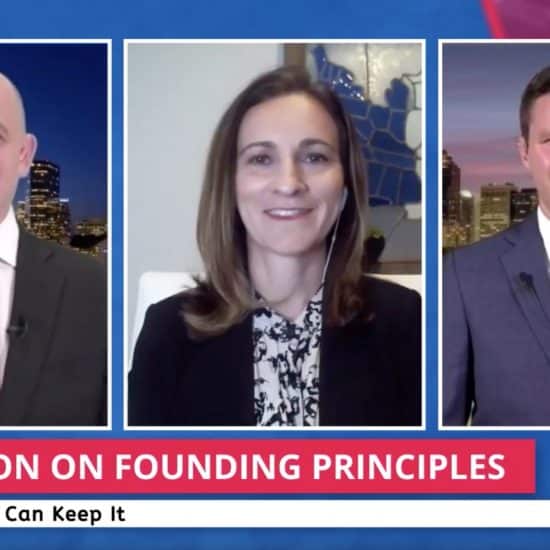As I write, the tallies are in for New Hampshire presidential primaries, barely a week after the Iowa caucuses. These events are heavily contested, as candidates jockey for position in hopes of becoming President of the United States.
Strategies for primary success these days seem to be three (primarily): (1) to clearly state one’s position on various issues, of course; (2) to attack and undermine support for the other candidates; and (3) to clearly, if possible, cast oneself as either an establishment candidate or a non-establishment candidate.
The three apply to candidates from both the Republican and Democrat parties.
Most voters expect to hear from candidates on the first strategy, which is to state his or her position on issues important to American voters. Most voters would prefer these statements illustrate how candidates honestly assess issues and their positions rather than giving nods to poll results.
It is clear that many Americans would like to hear candidates articulate what polls say they most want to hear, but most voters also would like to believe that candidates hold sincere, heartfelt convictions. Otherwise, experience shows, they may waiver on this issue or that, driven more by survey results on a given day than real conviction.
Modern America seems to enjoy the theater of verbal punches and counterpunches thrown by candidates who ratchet up criticisms of opposition positions (usually with generous doses of hyperbole and often with lies about another candidates’ stance). That’s unfortunate — even in the primary pre-stages of a presidential election — considering the gravity of the election process and the importance of the office of President.
The third strategy refers to political backlash and the distrust of many of the political parties themselves. Candidates make decisions regarding establishment vs. anti-establishment approaches to either curry support from the party power base of insiders or to tap into the unrest and distrust regarding such systems.
What seems to be missing in all the hoopla — and there has been plenty of verbal hoopla — is the lack of emphasis on candidates intentionally acting presidential by showing restraint in employing certain tactics and demonstrating in-control, genuine passion for addressing genuine American concerns.
The “c” word — character — is usually employed these days in the negative: “My opponent lacks character.” Perhaps we rely so much on sound bites in modern campaigning than words and ideas of substance. Surely most voters yearn to discern the “real thing” as they determine who really deserves support.
Who is — or at least appears — to be presidential isn’t something voters can readily agree upon. For instance, it is difficult to discern what a candidate means when she or he claims religious affiliation or beliefs. That makes it difficult to determine just how deep a person’s faith might be, or if it is appropriated mostly for the purposes of campaign success.
Once in office, some candidates prove they are not very presidential in demeanor or action while — sometimes surprisingly — others grow into the leader we all hoped they might become. History is replete with examples of each type.
Voters should do what they used to teach us in school — become as informed as you can about each candidate (which seemed to be easier 2-3 generations ago) — and what we were taught in church — pray for wisdom in making every voting choice.
With the power of the Oval Office, seeking discernment is necessary in making the best choice not for ourselves individually but for our nation and the rest of the world.
Bill Webb is editor of Word & Way.


